10 things you should know about Thai culture
Thailand is one of the world’s top tourism destinations, with the Thailand travel industry forming one of the kingdom’s largest economic sectors. Thailand travel statistics reveal that the number of visitors is continually increasing, with the 2018 figure for visitor arrivals exceeding 38 million.
❊The country has a tropical climate with three distinct seasons, namely the hot season from March to May, the cool season from November to February and the rainy season from about June to October.
❊Differences in the weather patterns, from the Andaman beaches of the south where Sofitel Krabi Thailand is located, to the mountainous country of the north, make Thailand travel attractive at any time of the year.
❊The country has a population of 69 million, about 95 percent of who are Buddhist, which gives the culture of Thailand a very distinct and cohesive identity.
❊This means that Thai culture is very different to that experienced in any other country, and anyone planning Thailand travel is advised to follow guidelines to ensure the kind of warm and happy welcome that is such a distinctive and memorable aspect of Thailand tourism.
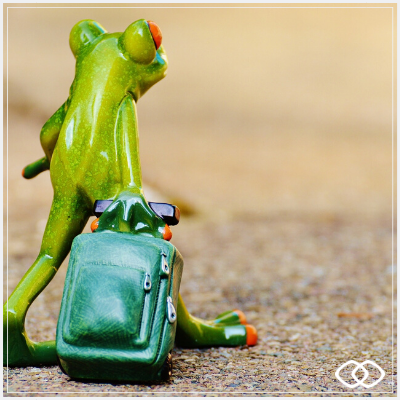 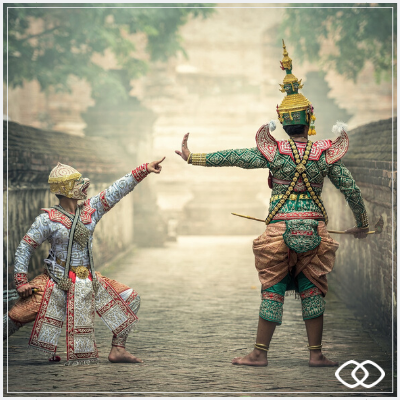 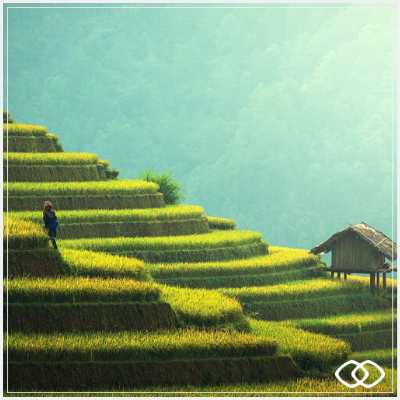 |
|---|
Thailand reveals a unique world of culture
❊Guests at Sofitel Krabi Phokeethra will find immediately they arrive that the Thai hotel associates are warm and friendly, and that they wish you to enjoy your stay in their country.
❊This is part of the charm of Thailand travel, for the culture of Thailand has become so renowned throughout the world that many visitors choose the country during holidays for that reason.
❊A Sofitel Krabi Thailand stay will only enhance this impression, for this is a genuine characteristic of the Thai people, no matter which part of the country your Thailand travel adventures take you.
❊Anyone who may be worried about breaking any of the Thai culture rules during their Thailand travel will find that the people are very tolerant, and their natural friendliness overcomes any inadvertent mistakes a visitor may make.
❊Guests at Sofitel Krabi Phokeethra regularly ask hotel associates about the finer points of Thai culture, and often the reply will be “mai pen rai!” which means, “never mind!” This is always said with a big smile, another distinctive part of the culture of Thailand, because theirs is a beautiful and bounteous nation, and they simply want you to enjoy it without worrying too much.
❊Nonetheless, there are some simple Thai culture rules that are best followed during Thailand travel, and if you are in any doubt about any of them, just ask Sofitel Krabi Thailand staff! Further, the Thailand Tourism Authority website will provide you with plenty of information.
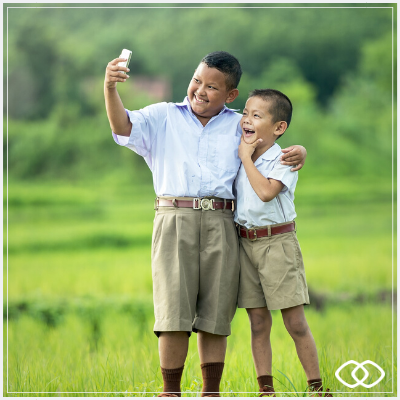 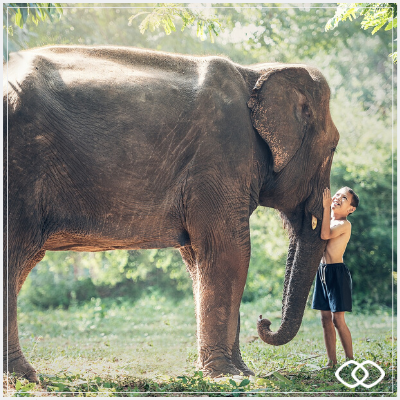 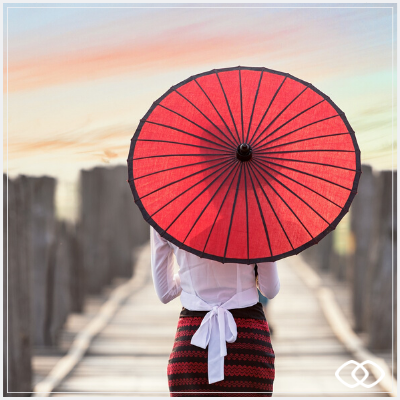 |
|---|
Family
❊Family almost always comes first in Thailand, with a much greater emphasis placed on the extended family than it typically is in Western countries. If you’re surprised by the number of siblings a Thai person appears to have it is highly likely many of them are cousins: there’s no word in Thai for cousin and people refer to cousins as their brothers and sisters.
Status is important
❊Although it may not be immediately apparent, status is a huge thing in the culture of Thailand. Age, family connections, job type, education, and income levels are all contributing factors to a person’s perceived status in society.
❊When talking with each other, Thais have words that indicate a person’s age, using “pee” before an older person’s name to show respect, and “nong” for somebody younger than them. Things aren’t always quite so simple, though, as a younger person may be referred to as pee if they have a higher status.
Loss of face and respect are big deals
❊Respect, shame, and the concept of face are important in Thailand, perhaps more so than in many Western countries. Thailand travel, to any part of the country, will reveal the use of language and the wai are just a couple of ways for Thais to show respect.
Patriotism is huge
❊National pride is very much part of the Thai psyche. The country is immensely proud of the fact that it is the only nation in Southeast Asia to have never been colonised by European countries.
No worries
❊Thais rarely display strong negative emotions, with bouts of anger, tantrums, and public crying being unusual. This doesn’t mean they aren’t displayed in private, or that the emotions aren’t there, simply that a person does not want to lose face by showing their feelings in public.
Smiles can have many meanings
❊Many Thailand travel visitors assume that Thailand is a warm, happy, and welcoming nation because of the constant smiles. Indeed, the Thailand tourism industry has long promoted the country as the Land of Smiles! Smiles don’t always show happiness, though, and are sometimes used as a mask. Again, much of it is due to that hard-to-define characteristic of face.
The religion is unique
❊The predominant religion in Thailand is Buddhism, specifically Theravada Buddhism. The religion practiced in Thailand is somewhat unique to other Buddhist nations, having been infused with many outside elements.
Superstitions are rife
❊Often connected to the belief of ghosts and spirits, Thailand is a land of superstitions. Thailand travel adventurers will usually hear ghost stories of some kind! It is customary for people to consult a fortune-teller or monk for an auspicious date before arranging a wedding, buying a home, test-driving a car, and other situations.
Monks are highly respected
❊You’re sure to see many monks during your Thailand travel, both inside the temples and outside on the streets, on buses, at festivals, and in a variety of everyday settings. Monks are highly revered and respected in Thai culture and disrespecting a monk is a huge no-no.
Body awareness
❊Thais place importance and significance to different parts of the body. The head is seen as the most spiritual part of the body and you should never touch a person’s head … although, most people wouldn’t go around touching strangers’ heads in any case! At the other end of the scale, and the body, the feet are regarded as unclean. Do not point your feet at anyone during your Thailand travel!



